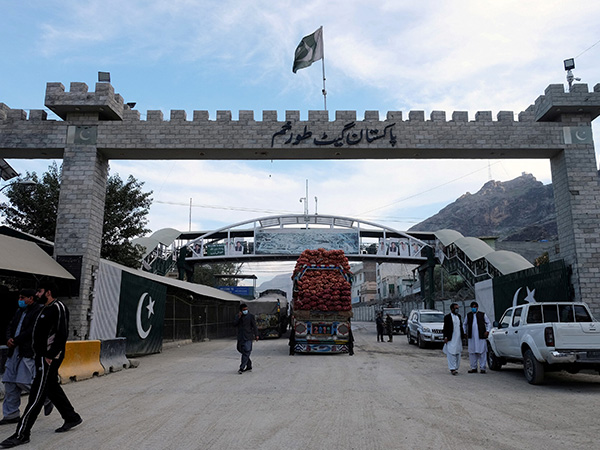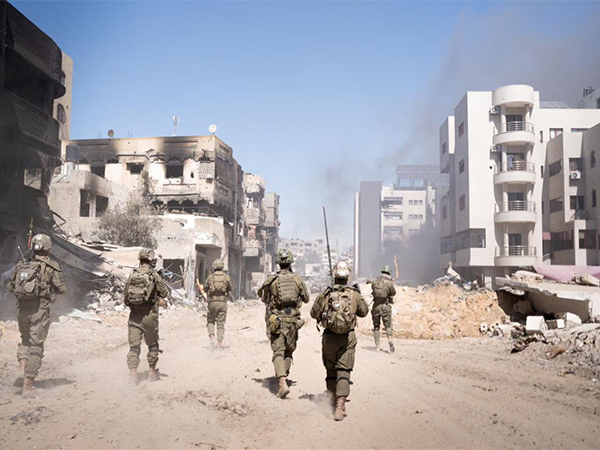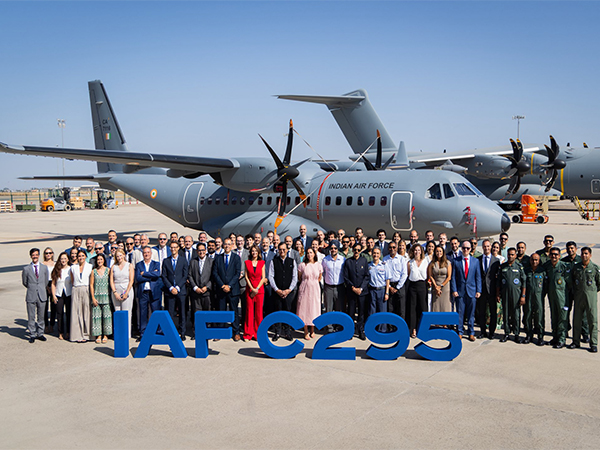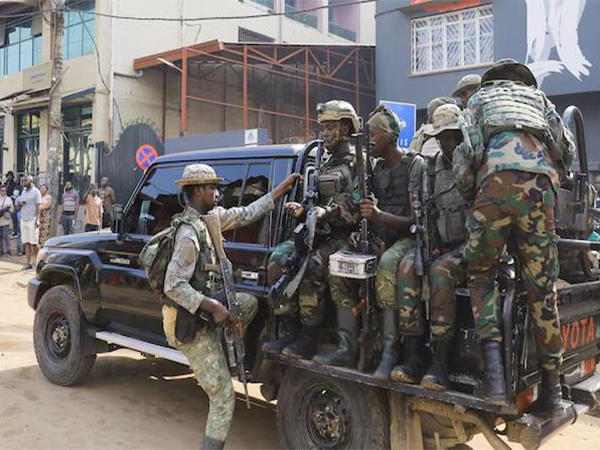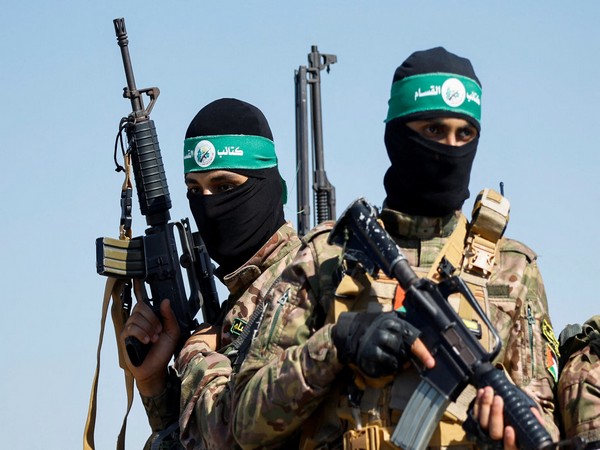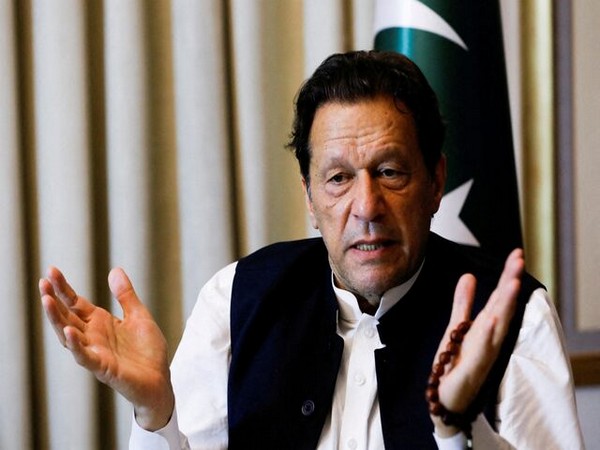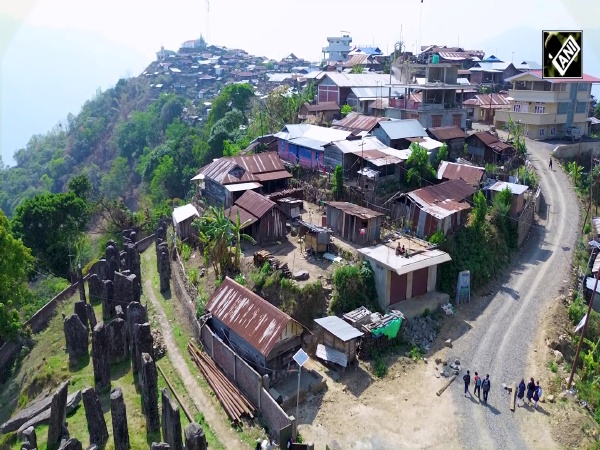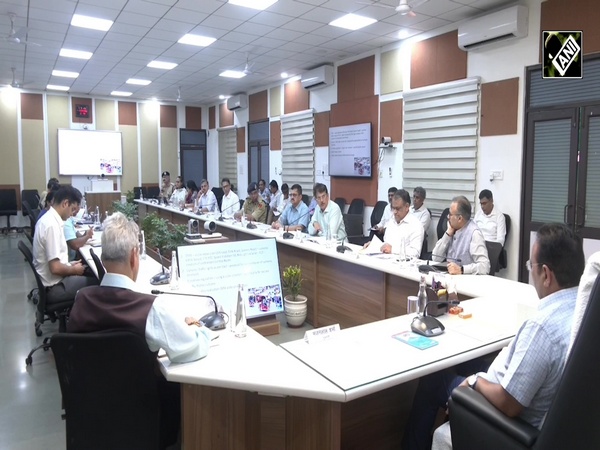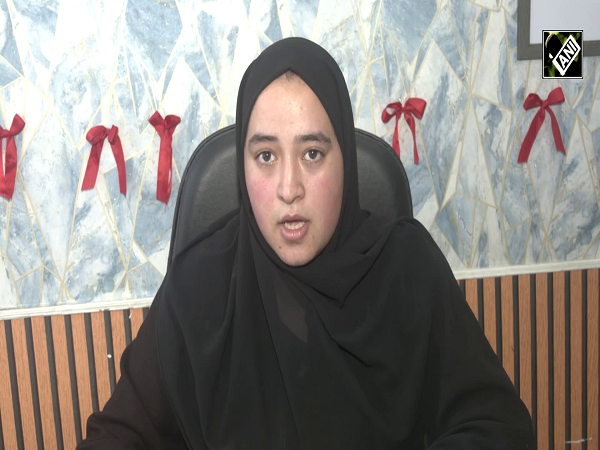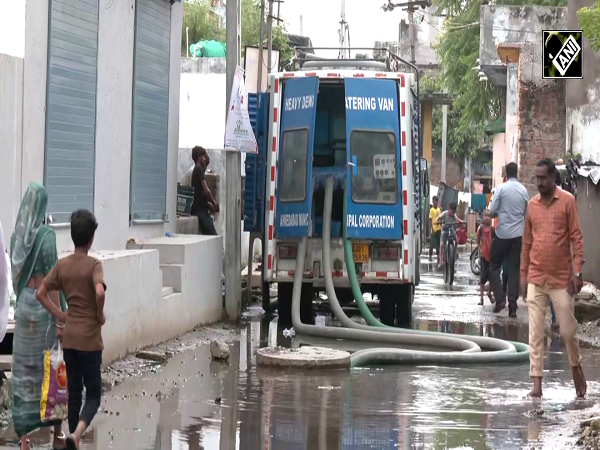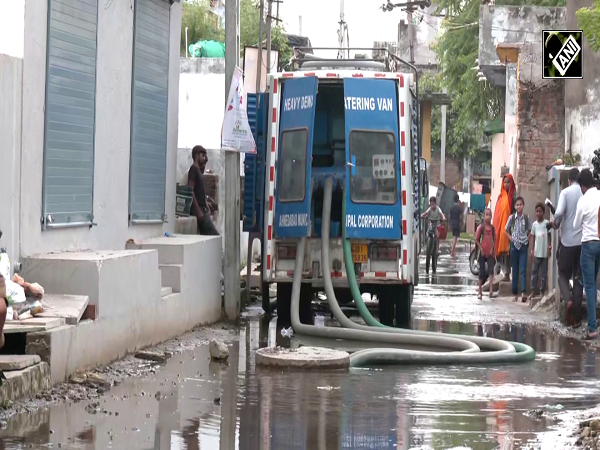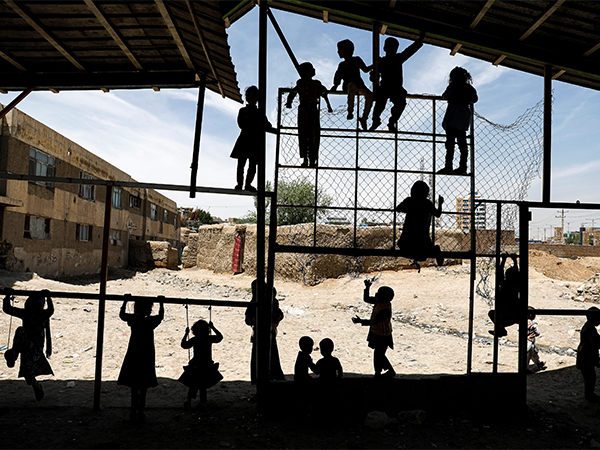
Measles kills 357 Afghan children in 6 months as UNICEF warns of deepening crisis, urgent aid shortfall
Aug 03, 2025
Kabul [Afghanistan], August 3 : Measles has killed at least 357 children in Afghanistan in the first half of 2025 amid a worsening humanitarian crisis, with over 12 million children in urgent need of assistance, the United Nations Children's Fund (UNICEF) warned, according to Khaama Press.
Between January and June, over 74,800 suspected measles cases were reported, with nearly 80 per cent affecting children under the age of five. Other preventable illnesses such as severe diarrhea and pneumonia are also rampant, adding to the health burden on children and families, Khaama Press reported.
UNICEF also highlighted one of the world's worst child malnutrition crises unfolding in the country. The agency said, "3.5 million children in Afghanistan are acutely malnourished, and 1.4 million are at immediate risk of death."
The situation is being further exacerbated by mass deportations from Iran. From January to June, over 714,000 Afghans returned to the country, of whom 99 per cent were undocumented and 70 per cent were forcibly expelled. These returns have overwhelmed border communities and put additional pressure on already fragile services, according to Khaama Press.
UNICEF projects that by October, 9.5 million people--approximately one-fifth of Afghanistan's population--will be facing "crisis" or "emergency" levels of hunger.
In response, the agency has appealed for $1.2 billion in funding for its 2025 operations but warned that only 51 per cent of the required funds have been secured so far. Khaama Press reported that this shortfall threatens to disrupt critical, life-saving programs for children and families.
UNICEF has issued an urgent call for sustained international support, warning, "Without immediate action, Afghanistan will face countless preventable deaths and worsening suffering among its most vulnerable, particularly children and women."
The worsening humanitarian crisis is unfolding alongside growing security concerns, compounding the challenges faced by the population. Despite the 2020 Doha Agreement, Afghanistan remains a safe haven for major terrorist organisations including Al-Qaeda, Tehrik-i-Taliban Pakistan (TTP), and ISIS-K, the U.S. Special Inspector General for Afghanistan Reconstruction (SIGAR) has said in its latest quarterly report, warning of rising militant threats and worsening regional instability, Khaama Press reported.
Nearly four years after the Taliban's return to power, Afghanistan continues to spiral into insecurity, diplomatic isolation, and humanitarian collapse. According to Khaama Press, the SIGAR report noted that the Taliban's harsh policies, especially restrictions targeting women and girls, have undermined its push for international recognition and further isolated the regime from the global economic system.
"ISIS-Khorasan" was identified as the "largest transnational terrorist threat" emanating from Afghan soil, with SIGAR highlighting grave risks posed to ethnic and religious minorities, UN personnel, diplomats, and foreign nationals. Khaama Press reported that rather than eliminating such groups, the Taliban has been accused of enabling them.
The report stated that the Taliban has continued its support for the TTP, which maintains around 6,500 fighters in eastern Afghanistan. This alleged support not only violates the spirit of the Doha Agreement but also reinforces fears that Afghanistan could again become a launchpad for global terrorism, according to Khaama Press.
The humanitarian crisis has also intensified following the U.S. decision to halt financial aid in April. Millions of Afghans have been left without life-saving assistance, the report warned. "Devastating impacts" have already been witnessed in vulnerable communities, the International Rescue Committee noted. Before the aid cutoff, the U.S. had contributed over $30 million to the UN's 2025 humanitarian response plan.
Khaama Press reported that diplomatic efforts have seen little progress. Talks between the Taliban and UN officials in Doha have stalled, as the group resists adopting international norms in exchange for economic relief. The U.S., meanwhile, has scaled down its engagement, limiting it to counterterrorism efforts and the repatriation of American citizens.
"Continued support is impossible so long as the Taliban harbors terrorists and enforces repressive policies," U.S. officials have stated.
In conclusion, SIGAR warned that by sheltering militant groups, rejecting reform, and failing to uphold international commitments, the Taliban has deepened Afghanistan's internal crisis and left the broader region exposed to renewed instability, Khaama Press reported.


